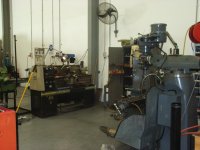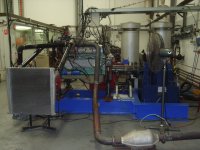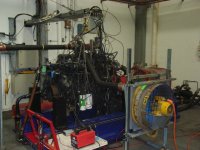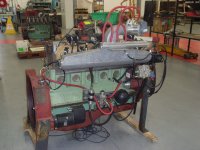aussie7mains
Famous Member
OK, since things are a bit quiet here I thought Id open up a new topic. So with that in mind Id like to give some opinions, which I base on some experience and some rational thought, now in all cases I will be talking about NET or DIN power ratings which is as close as you get to actual installed power, NOT the sometimes OTT ratings given in many magazine articals. So the 200 crossflows were rated at 118bhp and the same year 250EFI was 155, those are pretty honest, the older pre crossflow were around 120 for the 250 (taken from brochures for industrial engines) the 200 probably about 85-90bhp. A 302 windsor 2 barrel around 155 a 4v around 170. A 351 4v cleveland (Australian 4v with 2v heads) 220bhp, this would have been equivilent to a 1970s 300bhp engine. I would estimate the 250-2v in factory trim to be around 130-135, a 200 with a 2v head around 100. These are all way less than the factory ratings, but we all know they were "sales based". So discuss!




